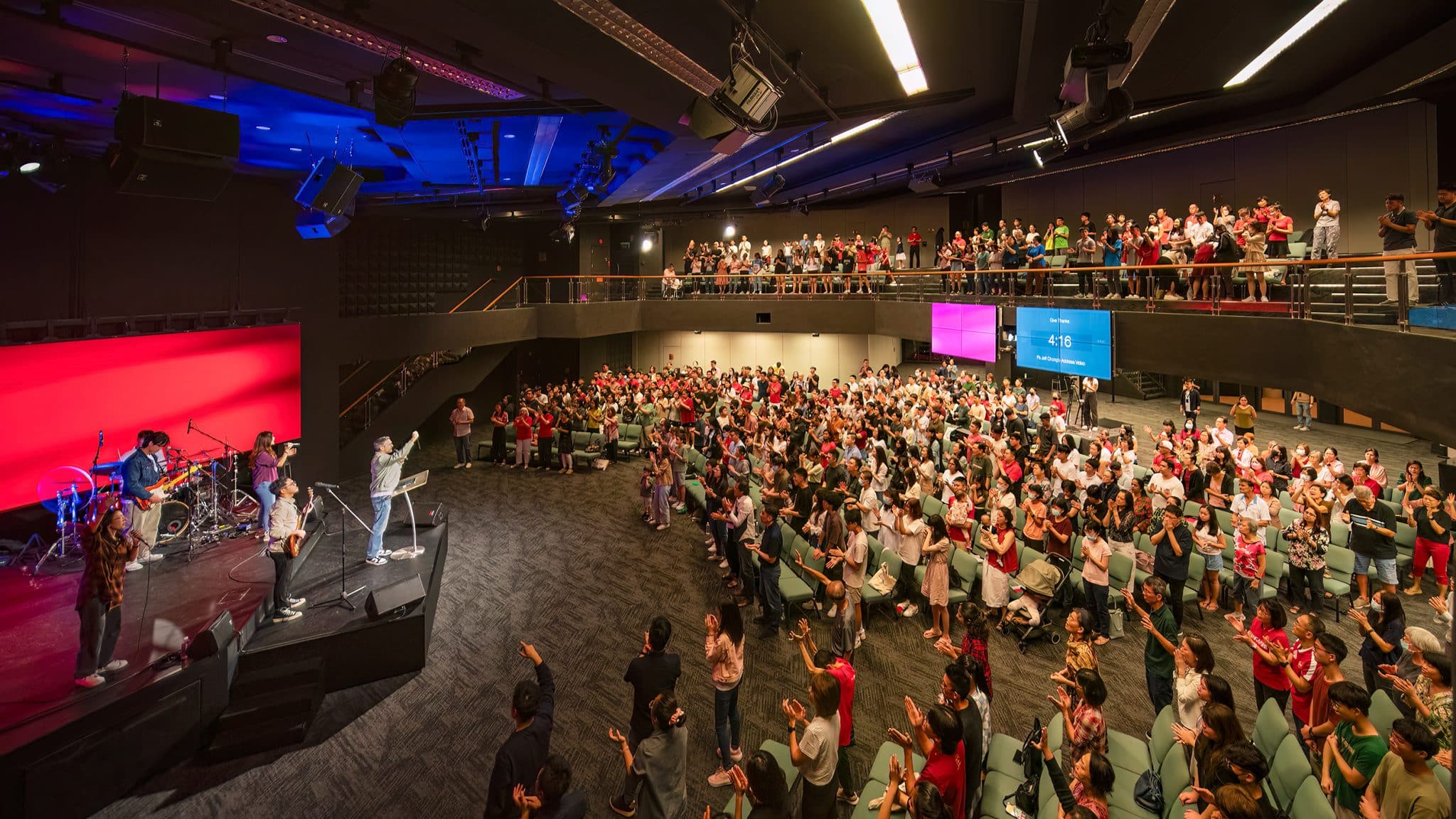![[Wide] July 18](https://saltandlight.sg/wp-content/uploads/2018/07/Wide-July-18-1.jpg)
Reason is faith seeking understanding.
In his apostolic work, Paul persistently used reason to engage both believers and pre-believers with Divine Truth.
For example: In Thessalonica, he reasoned with [the Jews] from the Scriptures, explaining and proving that it was necessary for the Christ to suffer and to rise from the dead (Acts 17:2-3). In Athens, he reasoned in the synagogue … in the marketplace every day and with the city council (Acts 17:17-31). In Corinth, he reasoned in the synagogue every Sabbath, and tried to persuade Jews and Greeks (Acts 18:4). And that’s not all.
On his first visit to Ephesus, he went into the synagogue and reasoned with the Jews (Acts 18:19). On his second visit, he entered the synagogue and for three months spoke boldly, reasoning and persuading them about the kingdom of God (Acts 19:8).
When opposition arose, he drew the disciples aside and reasoned with them in a lecture hall every day for two years (Acts 19:9). In Troas, he reasoned with believers through the night until Eutychus tumbled out of a window (Acts 20:7–9). In Caesarea, he reasoned with Felix the governor of Judea about righteousness and self-control and the coming judgment until Felix trembled (Acts 24:25).
Faith and reason, therefore, are not mutually exclusive. Both are gifts from God. Truth transcends reason. But it doesn’t contradict reason. Usually, it’s when God wants to punish a person or nation, that He deprives them of reason. The Bible calls this hardness of heart.
Truth transcends reason. But it doesn’t contradict reason.
There was a time when believers were more open to reason, like the Bereans, diving into the Word day and night, seeking pearls of wisdom and knowledge (Acts 17:11). In those days you could actually reason with people from Scripture. You could even allude to some obscure text or story and they would get it.
Those days are gone. Biblical literacy has declined. The Bible is no longer our reference point. Social media is our new reference point. New Age relativism has crept in. The ultimate value is self. The only authority is me — how I feel.
Complacency and compromise have replaced spiritual hunger and the search for Truth. There is no point praying for revival if we don’t repent and return to the Word of God as our reference point, as the Logos, as the basis of all Truth and Reality — before we lose our capacity to reason.
Fast and pray
I believe that the greatest threat to Christianity is the anti-intellectualism that permeates the church. For about a century now, Christians have largely retreated from the intellectual arena and entrenched themselves in a version of Christianity that emphasises feelings, experience and pragmatism, and have ignored the life of the mind. We have adopted a view of faith that sees it as opposed to reason. The result has been the marginalisation of the church from the larger culture and our inability to be salt and light, and the increasing secularisation of our society (Steve B Cowan).
- A pastor was asked why his church attracted so many young adults. His answer: I think it is because we are willing to welcome a lot of questions. Fact is, secularism is on the rise, powered by social media. Our young struggle with doubts about God and faith. More and more, they are made to feel stupid for believing in Jesus. They want answers to their questions. They want to know how to respond to the criticisms, objections and attacks of sceptics they meet online and offline.
Have we been slow to recognise this crisis? Have we underestimated the warfare ravaging young minds? Are we misreading their felt needs? Have we shortchanged them? Wake up. Ponder and pray this warning from apologist Nancy Pearcey: Instead of addressing teens’ questions, most church youth groups focus on fun and food. The goal seems to be to create emotional attachment using loud music, silly skits, slapstick games and pizza. But the force of sheer emotional experience will not equip teens to address the ideas they will encounter when they leave home and face the world on their own. … Teaching young people to engage critically with secular world views is no longer an option. It is a necessary survival skill.
- Pray for a radical mindshift in the Church. That we will arm our young with thinking skills to defend their faith. Acknowledge the mind and the power to reason as gifts from God. We are commanded to love God with our minds (Matthew 22:37). We are commanded to be ready always to give an answer to anyone who asks (1 Peter 3:15). Pray for a culture of learning and reasoning to grow a thinking faith. Where our young can freely express their doubts. Where their questions are welcomed and seen as faith-forming opportunities rather than freak out moments of failure. It’s not doubt that’s toxic to faith. It’s silence (Fuller Youth Institute).
- To our young, the leaders of tomorrow in our post-truth world: Pray for hunger pangs that drive you to search and scrutinise God’s Word, like the noble-minded and teachable Bereans. Dig deeper. Test all things. Discern truth from error. Pray for hunger pangs so intense that you will not let a day go by without feeding on God’s Word. Devote yourself to serious Bible study as a spiritual discipline to renew your mind — so that you will be confident and articulate, knowing what you believe and why you believe Christianity is true, rational and credible.
Read the devotional from Day 17: Seismic Praise here.
We are an independent, non-profit organisation that relies on the generosity of our readers, such as yourself, to continue serving the kingdom. Every dollar donated goes directly back into our editorial coverage.
Would you consider partnering with us in our kingdom work by supporting us financially, either as a one-off donation, or a recurring pledge?
Support Salt&Light




